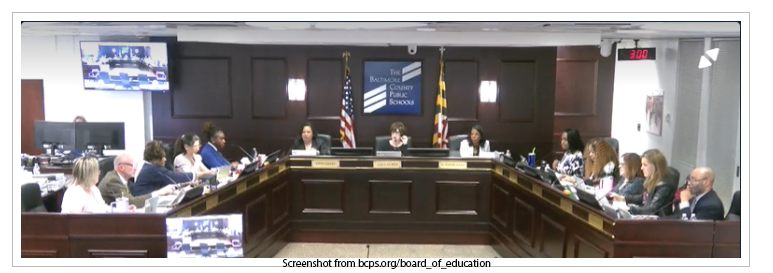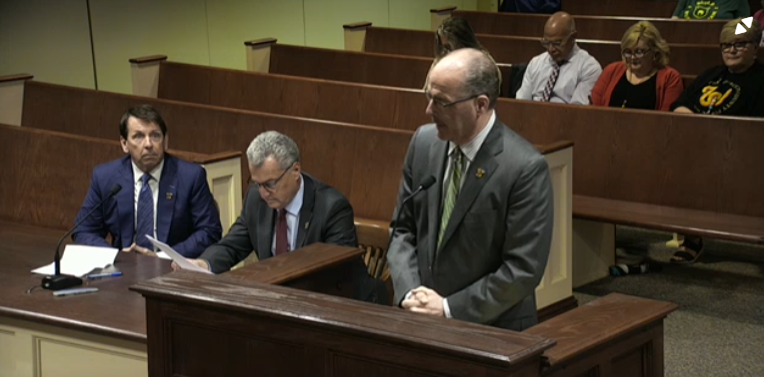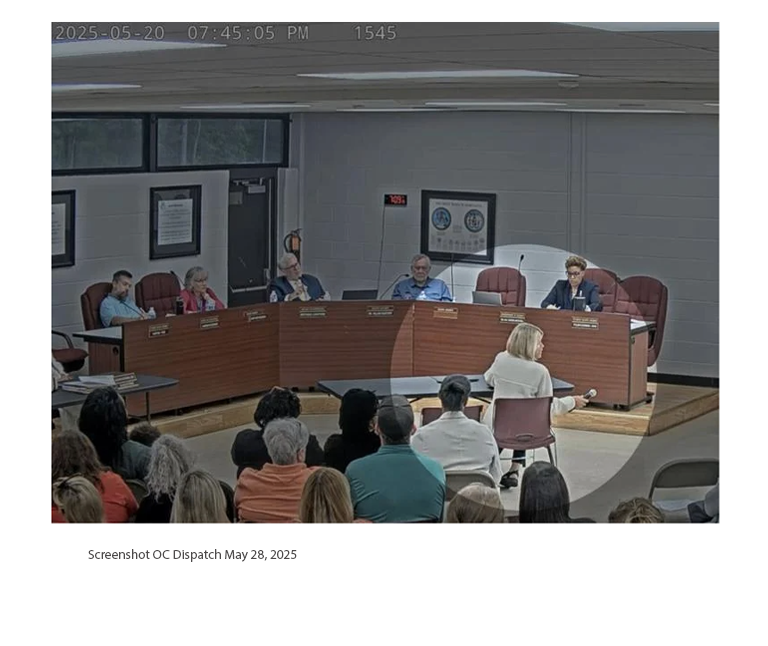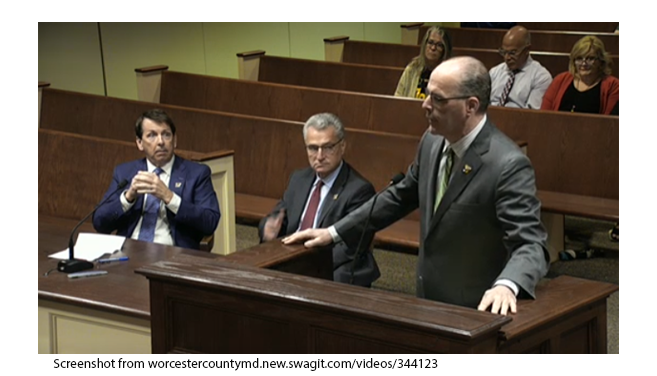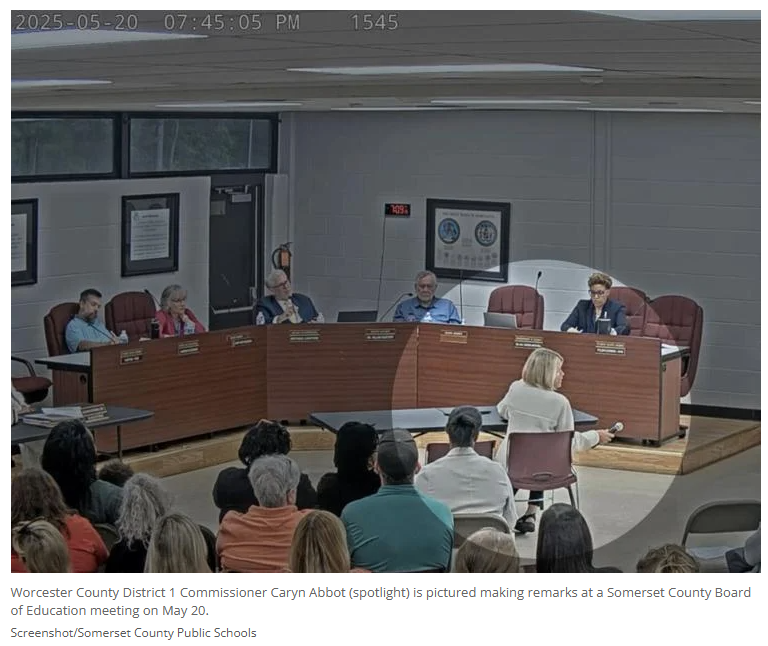
Money Matters. Leadership Matters More. What Educators Must Do Now (Opinion)
The recently released NWEA results, coupled with this year’s National Assessment of Education Progress scores, once again tell a daunting story about what our educators are facing as they try to help students stay on track while overcoming losses stemming from the COVID crisis. You can sense the collective panic in our news headlines and in the national conversation around what’s next. Yet, I fear too many of the solutions proffered will be the same. Buy stuff! Hire more teachers! Get tutors! Summer school! After-school programs! It all reminds me of the common infomercial phrase, “But wait, there’s more!”
Certainly, there is value in these strategies and there are more resources that can be applied to help students recover. Too many schools have been underfunded, and too many educators have been underpaid for too long. Money certainly matters, and schools need more of it.
But leadership matters more.
Having spent years as a superintendent of schools in both Montgomery County, Md., and Stamford, Conn., and now working to help school and system leaders improve teaching, learning, and engagement, I believe there are some necessary leadership moves that educators can make as they prepare to welcome students back to school.
System and school leaders must ensure that every school has a rich curriculum aligned to standards. Sounds pretty basic, I know. But too often, curriculum is a compendium of assignments and content that aren’t thoughtfully aligned to what students must know and be able to do. Leaders should organize expert teachers to go through a curriculum-alignment process to ensure that only the most essential material is taught. They can ask the best teachers in every school to work with district curriculum leaders to assure that there are clear learning outcomes with matching assessments, engaging and relevant learning experiences, and high-effect-size instructional strategies. And, yes, teachers will have to be compensated for this work.
Every school needs a series of interventions—academic and social-emotional—to address the needs of children when they first present a problematic behavior. These behaviors may include absenteeism, failing grades, or behavioral issues. Off-the-shelf programs can be purchased, but the best intervention practice is when educators can sense an emerging challenge and act early to change course. Given the significant challenges many children face, it’s essential to know the true issue students may be facing prior to interceding so that school personnel or community partners can provide the appropriate intervention. Which leads to the third strategy.
Having good data and acting on it. Leaders need to schedule teachers to regularly review student data and act accordingly. Daily exit tickets and teacher quizzes, student work, common assessments, and standardized growth measures are all leading indicators of student learning that can be used to adjust instruction. Data teams, professional learning communities, or whatever one chooses to call them, are proven techniques that allow teachers to collaborate and act on what they’re seeing with their students. Leaders need to get training for teachers, schedule them accordingly, and support their efforts.
Now is the time to double-down on what we know works rather than chase silver bullets and brass rings.
Leaders also must encourage and allow teachers to lead. In the best schools, teachers are leading, supporting each other, and holding each other accountable. Those who are closest to our students should be empowered to make the decisions—within a framework, of course.
When teachers are collaborating with each other and leading the work, are well-trained, and have access to great curricula and multiple measures of student learning, they’re able to adjust instruction and make better decisions. There will be no change to student achievement without good first instruction. No tutoring program will ever replace it. Leaders must invest in that before layering on additional programs.
Leaders must have the courage to put their best teachers with the kids who need them the most. We know who these teachers are, we’re just sometimes afraid to name them. If we want our most vulnerable students to make the kinds of academic and social-emotional-learning leaps they’ll need to overcome the ravages of the last few years, they must have the absolute best teachers in front of them every day. Nothing is more important.
We need to pay educators more, ensure they’re in safe and supportive environments, and do everything we can to keep them engaged and inspired. Yes, we’re still in a crisis. Yes, the strategic use of money matters if we’re going to get out of it. But we also know what makes a great school and how adults can help all students not only recover but thrive. Ensuring that our educators are well taken care of, properly compensated, and motivated and supported to do their best work is essential if we want a path out of our current state. Happy adults means happy kids.
Now is the time to double-down on what we know works rather than chase silver bullets and brass rings.
How to Submit
Education Week Opinion welcomes submissions from a range of perspectives within the K-12 education community. Regardless of your role in education, we want to hear from you.
Dig Deeper With Our Longreads
Newsletter Sign up to get our best longform features, investigations, and thought-provoking essays, in your inbox every Sunday.
The MEN was founded by John Huber in the fall of 2020. It was founded to provide a platform for expert opinion and commentary on current issues that directly or indirectly affect education. All opinions are valued and accepted providing they are expressed in a professional manner. The Maryland Education Network consists of Blogs, Videos, and other interaction among the K-12 community.


